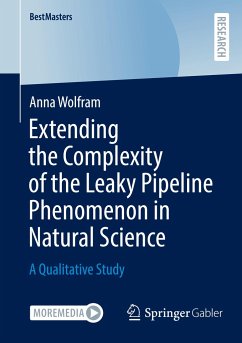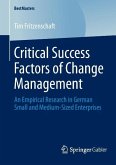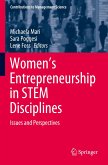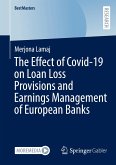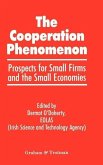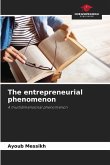In the realm of global innovation, STEM powers knowledge-based societies. However, ongoing gender disparities curtail the complete utilisation of human capital. As argued in the goal congruity theory, women's choices to communal goals prompts female exits from STEM. Exploring this theory in natural science and academia, two questions arise: 1) Does the "leaky pipeline" persist, and where are gaps? 2) Do female scientists leave to afford other goals? Stats show early career gender balance, but senior positions lack women. Notably, men dominate decision-making roles. Qualitative research with 26 female scientists reveals an overall positive and communal perception of natural science and academia. Moreover, the perceived affordance of communal values within science majorly contributes to the desire of female researchers to continue pursuing an academic path. These findings contradict the literature-established goal congruity theory and thus, provide an experienced-based foundation to extend the complexity of the leaky pipeline phenomenon in natural science.

